Retro Replay Review
Gameplay
KGB unfolds as a point-and-click detective thriller set against the crumbling backdrop of the late Soviet era. You step into the shoes of Maksim Rukov, a seasoned KGB officer abruptly transferred to the newly formed Department P, whose sole mission is to root out corruption and double agents within the service. Investigation scenes are presented in a pseudo first-person view, allowing you to explore richly detailed environments, question suspects, and collect vital clues.
(HEY YOU!! We hope you enjoy! We try not to run ads. So basically, this is a very expensive hobby running this site. Please consider joining us for updates, forums, and more. Network w/ us to make some cash or friends while retro gaming, and you can win some free retro games for posting. Okay, carry on 👍)
The game’s interface and engine borrow heavily from Cryo’s earlier title Dune, which means you’ll use a simple cursor system to examine objects, navigate between screens, and trigger dialogues. This familiar setup keeps the focus squarely on the puzzles and interrogations, rather than complex controls. Department P cases often branch into multiple leads, and your choices in questioning suspects can open – or close – avenues of investigation.
One standout mechanic is the ability to rewind to the start of a chapter if you feel you’ve made a critical mistake. This “do-over” feature softens the blow of a bad decision, letting you revisit key moments without losing hours of progress. It encourages experimentation in interviews and theory-testing in evidence gathering, though purists may feel it lessens the tension that comes from irreversible consequences.
Graphics
Visually, KGB embraces the mid-’90s adventure aesthetic with pre-rendered backdrops and modest sprite animations. Office corridors are painted in drab Soviet grays, fuelling the oppressive atmosphere, while occasional cutscenes hint at the political turmoil rippling through the USSR. The pseudo-3D perspective is convincing for its time, though modern players may notice pixelation and lower resolutions compared to today’s standards.
The enhanced CD-ROM re-release, retitled Conspiracy, adds full-motion video segments featuring Donald Sutherland as Rukov’s father. These interludes offer polished footage and serve as in-game hints, bridging puzzles with narrative context. While the FMV quality is shaky by today’s high-definition norms, Sutherland’s gravitas adds a layer of authenticity that bolsters immersion.
Overall, KGB’s visuals strike a nostalgic chord. Atmospheric lighting effects in interrogation rooms and the occasional hand-drawn map sequences still impress with their moody detail. If you appreciate retro gaming charm and don’t mind stretching your suspension of disbelief around dated textures, the graphics effectively reinforce the game’s espionage thriller vibe.
Story
It is August 1991, and the Soviet Union stands on the brink of collapse. In the heart of this turmoil, Maksim Rukov is summoned without explanation to Department P, a shadowy KGB division tasked with purging disloyal elements from the organization. From the outset, you sense the stakes: every interview, dossier, and clandestine meeting could decide the fate of your country and your own loyalty.
The narrative weaves real historical tension into its fictional plotlines, offering an immersive glimpse into a world of suspicion and paranoia. You’ll chase leads through abandoned factories, government offices, and hidden archives, piecing together evidence that points to moles, traitors, or even innocent victims caught in the crossfire. Dialogue choices are critical and often morally ambiguous—do you threaten, deceive, or persuade your subjects?
In the CD-ROM version, you receive cryptic video postcards from Rukov’s father, played by Donald Sutherland. These segments add emotional depth and personal stakes to the investigation, as family loyalty clashes with state loyalty. The ending you reach depends on your ability to untangle a web of secrets before the Soviet regime dissolves, creating a sense of urgency that resonates long after the final scene.
Overall Experience
KGB stands out as a thoughtful, methodical adventure that challenges you to think like an intelligence officer rather than an action hero. Its deliberate pacing may test the patience of players accustomed to faster-moving narratives, but those who relish cerebral puzzles and deep character interactions will find plenty to admire. The rewind feature ensures that mistakes feel like learning opportunities rather than dead ends.
The game’s dated interface and graphics are a double-edged sword: they evoke nostalgia for 1990s PC adventures yet may frustrate newcomers unaccustomed to pixel hunts and minimal hand-holding. However, the enhanced Conspiracy release with FMV hints softens this barrier, making the game more approachable without sacrificing its core challenges.
In sum, KGB (and its Conspiracy rebranding) offers a richly detailed trip into Cold War intrigue. Its strengths lie in immersive storytelling, authentic atmosphere, and rewarding investigative mechanics. If you’re a fan of classic adventure games or intrigued by historical espionage, this title remains a worthy addition to your library—just be prepared to explore every folder, desk drawer, and suspect’s alibi to crack the case.
 Retro Replay Retro Replay gaming reviews, news, emulation, geek stuff and more!
Retro Replay Retro Replay gaming reviews, news, emulation, geek stuff and more!
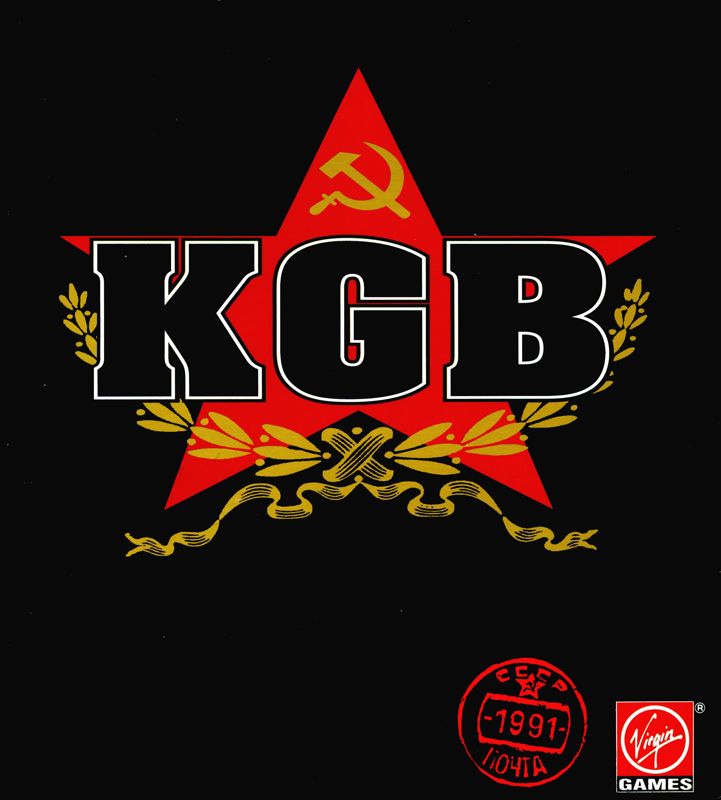
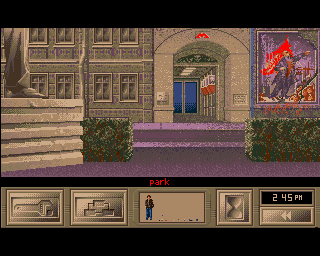
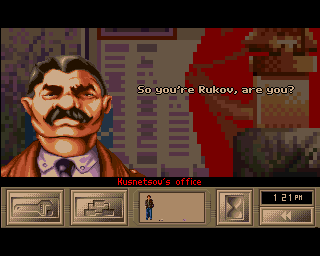
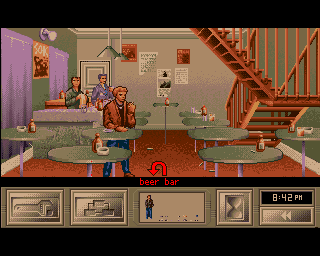
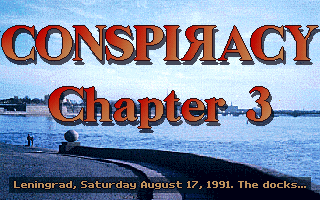
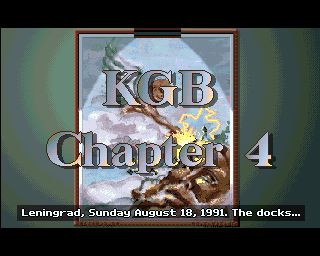

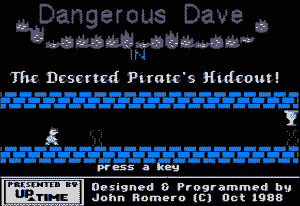

Reviews
There are no reviews yet.